The Coup d’état : A Historical Odyssey
Throughout human history, few events have shaped political landscapes as profoundly as coups d’état. These swift, often clandestine seizures of power have left indelible marks on societies, triggering revolutions, toppling governments, and altering destinies. From ancient times to the modern era, coups have been both a product and a catalyst of political turbulence, reflecting the eternal struggle for power and control. This article embarks on a journey through time, unravelling the complexities of coup d’états across civilizations, exploring their causes, consequences, and enduring legacies.
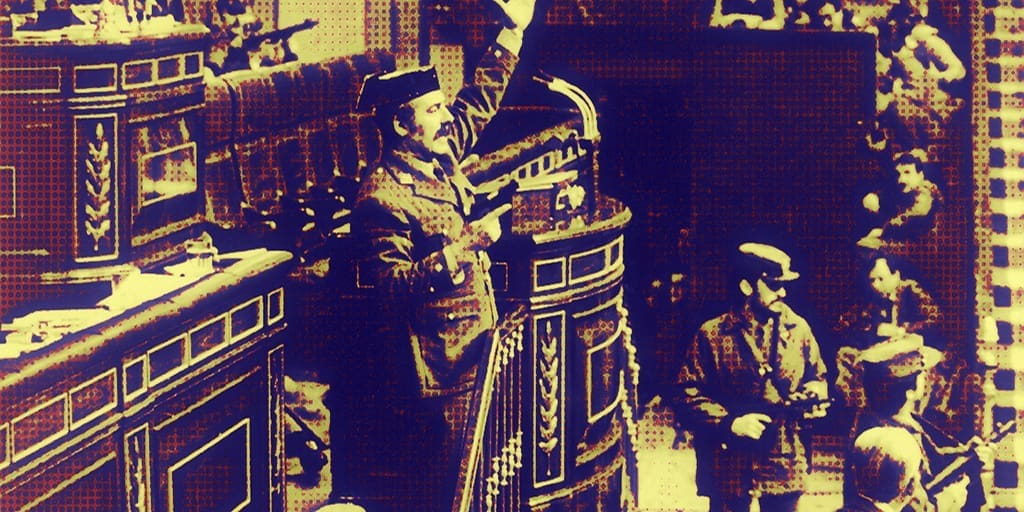
Table of Contents
Ancient Roots of the Coup
The roots of coups can be traced back to ancient civilizations, where power struggles were common and transitions of authority often marked by violence. In the ancient world, monarchies and empires were frequently subject to coups orchestrated by ambitious generals, disgruntled elites, or rival factions. One of the earliest recorded coups occurred in the Roman Republic when Julius Caesar crossed the Rubicon River in 49 BCE, igniting a civil war that culminated in his ascent to dictatorship.
Medieval Machinations
During the Middle Ages, coups took on various forms, reflecting the fragmented political landscape of feudal societies. In Europe, noble families vied for control of kingdoms, often resorting to intrigue and subterfuge to seize power. The deposition of monarchs and the installation of puppet rulers through coups were not uncommon, as seen in the Wars of the Roses in England and the struggles for the Holy Roman Empire.

The Age of Revolutions
The dawn of the modern era witnessed a surge in coups, fuelled by the ideals of liberty, equality, and fraternity espoused by the Enlightenment thinkers. The French Revolution of 1789, with its overthrow of the monarchy and establishment of a republic, marked a watershed moment in the history of coups, inspiring revolutionary movements across Europe and beyond. Coups became instruments of popular uprising, as seen in the toppling of monarchies during the Revolutions of 1848.
Imperial Machinations
The age of imperialism saw the proliferation of coups as colonial powers sought to impose their will on subject territories. European empires often employed coups to install compliant regimes, suppress indigenous uprisings, or thwart rival colonial ambitions. The British intervention in Egypt in 1882, the CIA-backed coup in Iran in 1953, and the overthrow of Salvador Allende in Chile in 1973 are notable examples of imperial machinations through coups.
The British Intervention in Egypt (1882)
In 1882, the British Empire’s intervention in Egypt marked a pivotal moment in the geopolitics of the Middle East and North Africa. Motivated by strategic and economic interests, Britain sought to safeguard its control over the Suez Canal, a vital lifeline to its colonies in India and the Far East.
Fearing instability and indebtedness in Egypt, British forces launched a military campaign that culminated in the occupation of the country. The pretext of restoring order and protecting foreign interests masked Britain’s imperial ambitions, as it effectively transformed Egypt into a de facto protectorate under its influence. The intervention provoked resentment among Egyptians and fuelled nationalist sentiments, laying the groundwork for the rise of anti-colonial movements and eventual independence.
The CIA-Backed Coup in Iran (1953)
In 1953, the Central Intelligence Agency (CIA) orchestrated a covert operation to overthrow Iran’s democratically elected Prime Minister, Mohammad Mossadegh, and restore the power of the Shah, Mohammad Reza Pahlavi. Mossadegh’s nationalist policies, including the nationalization of Iran’s oil industry, threatened Western interests, particularly those of the British-owned Anglo-Iranian Oil Company (AIOC).
Exploiting internal divisions and leveraging its intelligence capabilities, the CIA engineered a coup d’état, codenamed Operation Ajax, which toppled Mossadegh’s government and reinstated the Shah as an authoritarian ruler beholden to Western powers. The coup solidified the United States’ influence in Iran but sowed the seeds of anti-Americanism and Islamist opposition, contributing to the Iranian Revolution of 1979 and the subsequent establishment of an Islamic Republic hostile to Western interests.
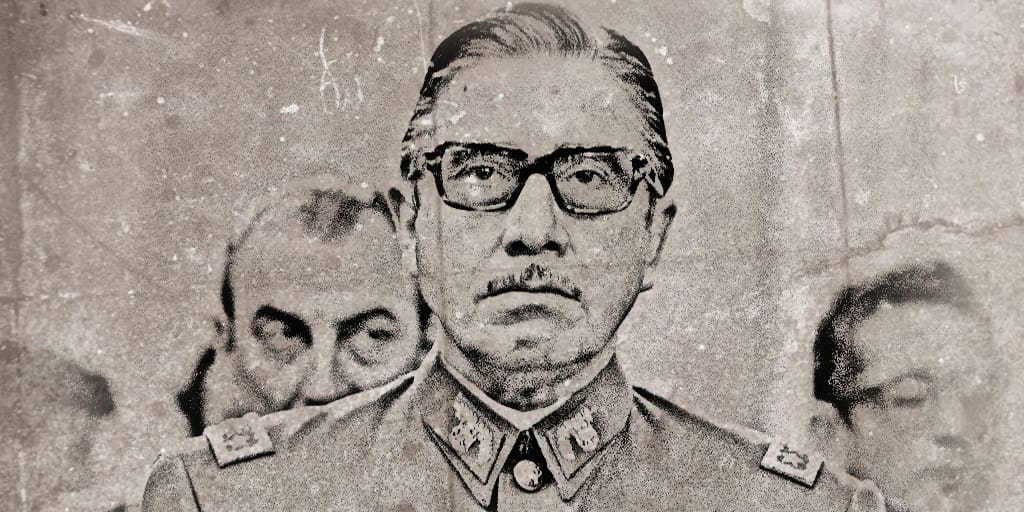
The Overthrow of Salvador Allende in Chile (1973)
The overthrow of Chile’s socialist President, Salvador Allende, in 1973, stands as a grim testament to the Cold War rivalries and the perils of U.S. interventionism in Latin America. Allende’s presidency, marked by socialist reforms and nationalizations, drew the ire of domestic elites and foreign interests, particularly the United States, which viewed his government as a communist threat in its backyard.
Backed by the CIA and supported by conservative elements within Chilean society, General Augusto Pinochet orchestrated a military coup that ousted Allende and installed a brutal dictatorship characterized by repression, torture, and state-sponsored violence. The coup not only extinguished Chile’s democratic experiment but also served as a chilling reminder of the human cost of ideological warfare and the complicity of foreign powers in undermining sovereignty and democracy.
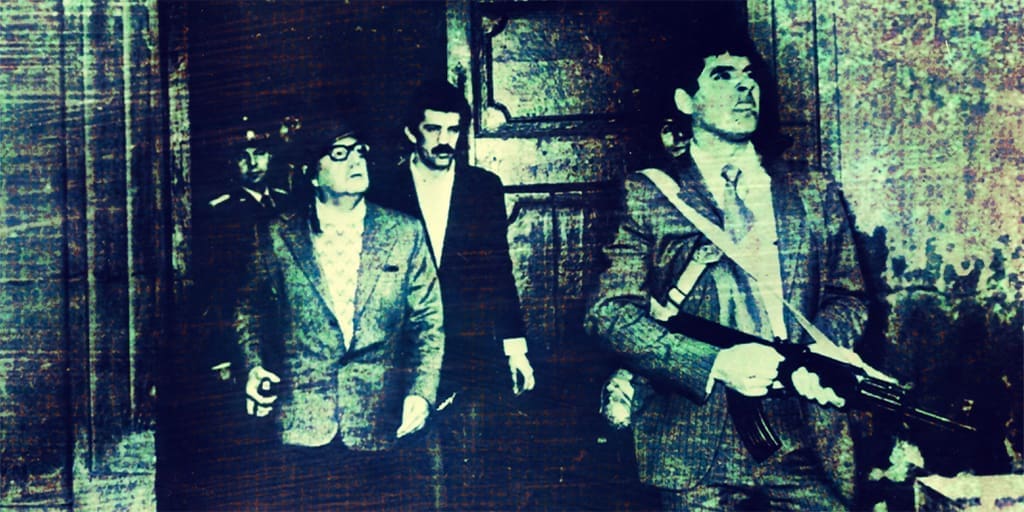
Cold War Contortions
The Cold War era witnessed a surge in coups as superpowers engaged in proxy conflicts across the globe. The United States and the Soviet Union vied for influence, often resorting to covert operations to install or topple governments sympathetic to their respective ideologies. Coups became instruments of geopolitical manoeuvring, with countries in Latin America, Africa, and Asia caught in the crossfire of Cold War rivalries.
Post-Colonial Turmoil
The post-colonial era ushered in a new wave of coups as newly independent nations grappled with the legacies of colonialism, ethnic tensions, and economic instability. Many African and Asian countries experienced multiple coups as military strongmen seized power, promising stability and development but often perpetuating authoritarian rule and civil strife. The coups in Ghana, Nigeria, and Indonesia are emblematic of the turbulence that engulfed post-colonial societies.
The Coups in Ghana
Ghana, formerly known as the Gold Coast, witnessed a series of coups that profoundly shaped its post-colonial trajectory. In 1966, just six years after gaining independence from British colonial rule, Ghana experienced its first coup d’état. Led by the National Liberation Council (NLC), the military overthrow of President Kwame Nkrumah was motivated by dissatisfaction with his authoritarian rule, economic mismanagement, and perceived alignment with communist powers.
The NLC promised to restore democracy and stabilize the economy but instead ushered in a period of military rule characterized by repression and corruption. Subsequent coups in Ghana, including those in 1972 and 1981, further entrenched military dominance in politics, exacerbating social tensions and impeding democratic development.
The Coups in Nigeria
Nigeria, Africa’s most populous country and a former British colony, has been plagued by a cycle of military coups since gaining independence in 1960. The first coup in Nigeria occurred in 1966 when a group of army officers led by Major Chukwuma Kaduna Nzeogwu overthrew the civilian government, citing grievances over corruption and ethnic favouritism. The coup precipitated a series of events, including reprisal killings and counter-coups, which culminated in the Nigerian Civil War (1967-1970).
Despite occasional transitions to civilian rule, military coups remained a recurrent feature of Nigerian politics, reflecting deep-seated ethnic divisions, economic inequality, and the military’s entrenched role in governance. The coups in Nigeria have hindered democratic consolidation, perpetuated instability, and hindered efforts to address pressing socio-economic challenges such as poverty, corruption, and insecurity.
The Coups in Indonesia
Indonesia, the world’s largest archipelago and a diverse nation of over 17,000 islands, has experienced its share of political upheaval, including several coups and regime changes. The most notable coup in Indonesia occurred in 1965 when General Suharto seized power from President Sukarno, Indonesia’s founding father, in the aftermath of an alleged communist coup attempt.
Backed by the military and anti-communist forces, Suharto’s rise to power unleashed a wave of mass killings targeting suspected communists, ethnic Chinese, and political opponents, resulting in the deaths of hundreds of thousands of people. Suharto’s authoritarian regime, known as the New Order, ruled Indonesia with an iron fist for over three decades, suppressing dissent, monopolizing power, and perpetuating widespread human rights abuses. Despite the eventual transition to democracy in the late 1990s, the legacy of coups and authoritarian rule continues to loom large in Indonesia’s political landscape, shaping debates over governance, accountability, and historical memory.
Democratization and Backsliding
The late twentieth and early twenty-first centuries witnessed a paradoxical trend of democratization and democratic backsliding, both of which fuelled coups in different parts of the world. While many countries transitioned to democracy, others experienced democratic reversals as elected leaders subverted institutions, undermined the rule of law, and sought to consolidate power. Coups became a tool for preserving or restoring democracy in some cases, as seen in the Arab Spring uprisings and the coups in Thailand and Egypt.
Arab Spring Uprisings
The Arab Spring, a series of pro-democracy uprisings that swept across the Middle East and North Africa in 2010-2011, marked a watershed moment in the region’s history. Sparked by the self-immolation of a Tunisian street vendor protesting against government corruption and repression, the uprisings quickly spread to countries like Egypt, Libya, Syria, and Yemen, where long-standing authoritarian regimes faced mass protests demanding political reforms, social justice, and economic opportunity.
The Arab Spring embodied the aspirations of millions of people for dignity, freedom, and democracy, as they took to the streets to challenge autocratic rulers and entrenched systems of governance. While the uprisings initially inspired hope for democratic change, they also unleashed chaotic transitions, violent crackdowns, and civil conflicts, highlighting the complexities of democratization in societies torn between aspirations for liberty and the realities of power politics, sectarianism, and external interventions.
The Coups in Thailand
Thailand and Egypt, two countries located in different regions of the world but bound by shared experiences of political turmoil, have both witnessed military coups in recent years. In Thailand, a country with a long history of coups and political instability, the military seized power in 2014, ousting the democratically elected government of Prime Minister Yingluck Shinawatra. The coup followed months of street protests and political deadlock between supporters and opponents of the Shinawatra family, highlighting deep-seated divisions in Thai society over issues of governance, corruption, and royal succession.
The Coups in Egypt
Similarly, in Egypt, the military staged a coup in 2013, overthrowing President Mohamed Morsi, Egypt’s first democratically elected leader, amid mass protests against his rule. The coup, led by then-Defence Minister Abdel Fattah el-Sisi, reflected the military’s determination to preserve its privileged position in Egyptian politics and its hostility towards the Muslim Brotherhood, which had emerged as a major political force after the ouster of long time autocrat Hosni Mubarak in 2011.
While coups in Thailand and Egypt were justified in the name of restoring stability and preventing chaos, they also entailed the suppression of democratic aspirations, the curtailment of civil liberties, and the consolidation of authoritarian rule, raising questions about the prospects for democracy in the face of military intervention and popular dissent.
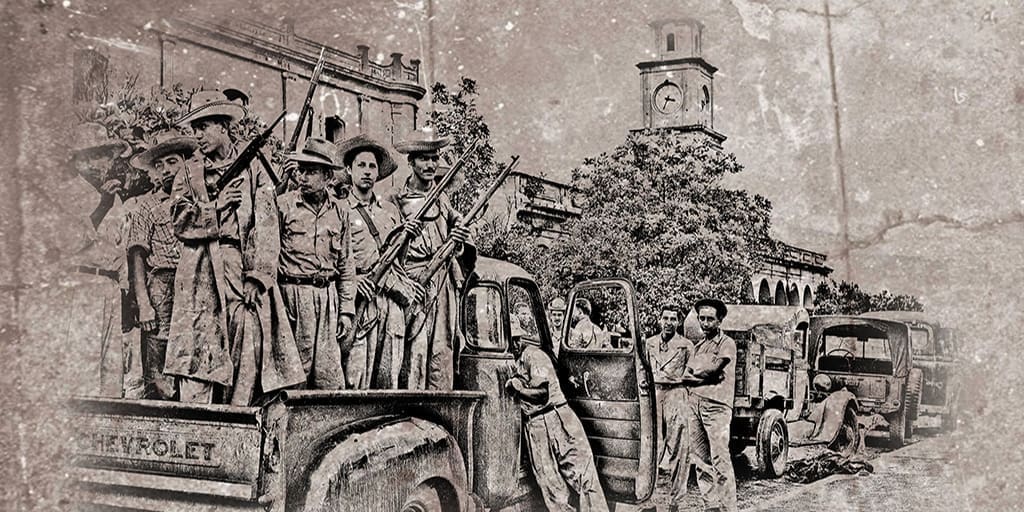
A Recurrent Phenomenon
Throughout history, coups have been a recurrent phenomenon, reflecting the perennial struggle for power and the fragility of political order. From ancient empires to modern democracies, coups have shaped the destiny of nations, leaving lasting legacies of turmoil, transformation, and tragedy. While some coups have heralded periods of stability or ushered in democratic reforms, others have unleashed chaos, repression, and human suffering.
As we navigate the complexities of the present and envision the possibilities of the future, the history of coups serves as a cautionary tale and a testament to the enduring quest for freedom, justice, and democracy.

















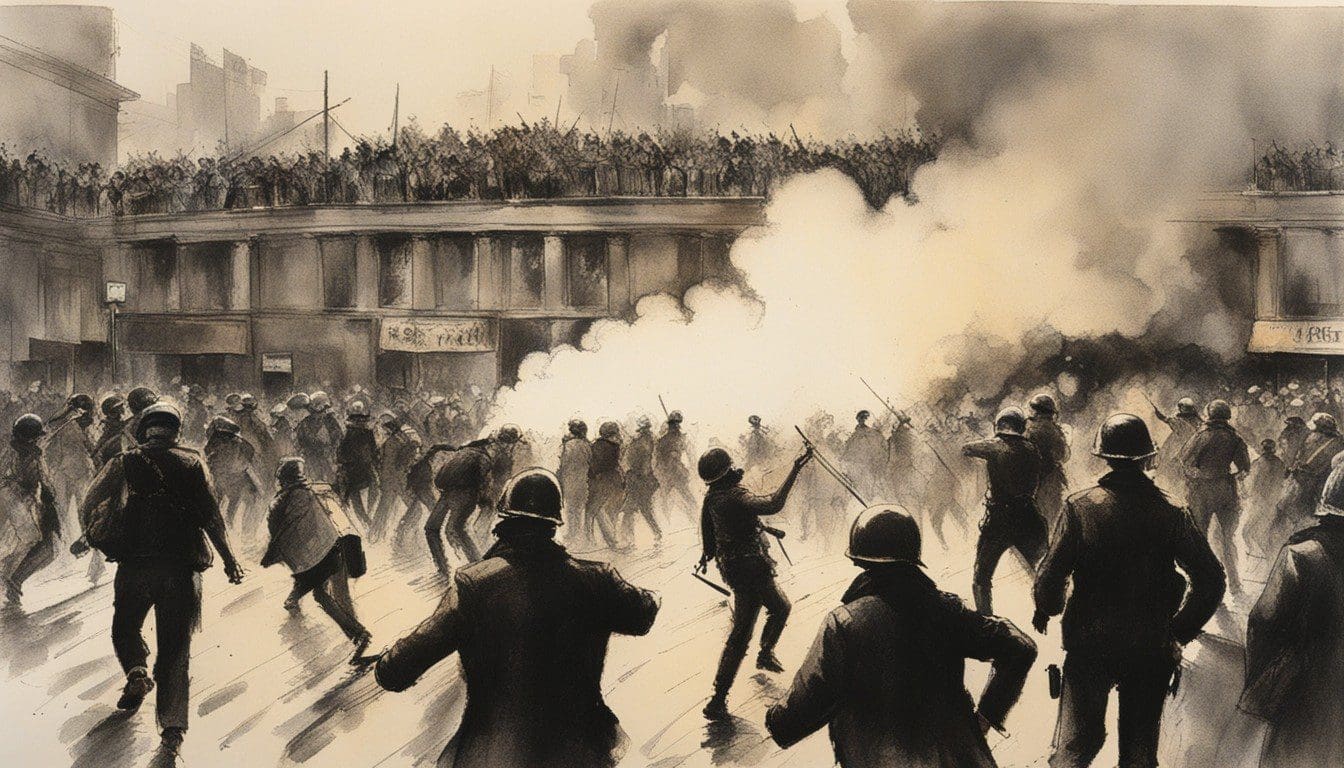





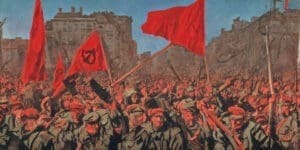



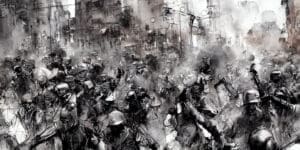



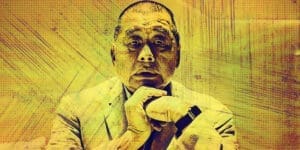


















What do you think?